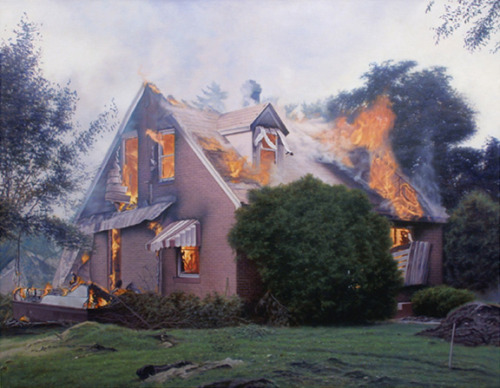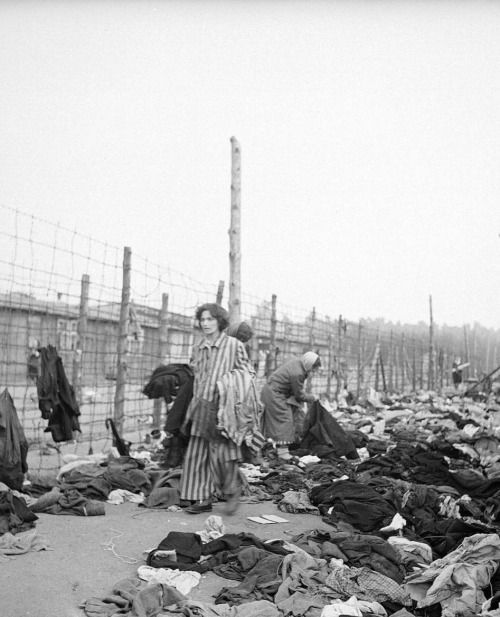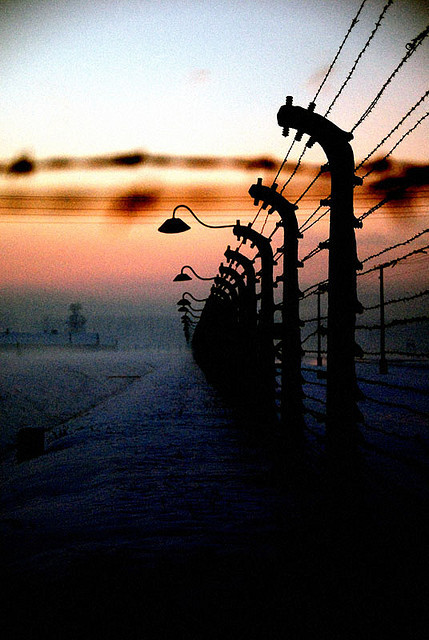~~~
Ah, the workshop. Something the Creative Writing major fears, yet simultaneously adores. It is a place where our work is torn apart, then put back together by esteemed (or not-so-esteemed) classmates and professors. Where we are able to hone our craft in the hopes that it will someday lead to publication.
Yet so many people are intimidated by it. The other day I spoke with some freshmen at my college who were considering majoring in Creative Writing. The reason they had yet to declare? Fear of workshops. Before my first one, I felt like I was walking headfirst into the zombie apocalypse, so I can understand their anxiety. However, I will tell you what I told them: don’t let your fears hold you back.
So, for those of you still on the fence, or who may be dreading your first workshop, I’m here to give you the 411 on how things work. Keep in mind each school runs them differently, but I think the basics are all pretty much the same.
1. Class sizes are small. My school caps a workshop at 15, and I’ve had one as small as 10. This is good news for you because the smaller the class, the more opportunities you have to share your writing. The more you share, the more you learn. It also means that, yes, you will have to speak.
2. Participation, as I mentioned, is kind of mandatory. On the weeks people critique your work, you may not be allowed to speak for the entire period (I’ve heard a few people say this), or you may be invited to ask questions of your peers based on their comments. Conversely, when it’s someone else’s week, you’ll have to give them feedback. A lot of times this will come in the form of marking up the pages they gave you, or turning in a critique.
Critiques themselves can be a bit tricky. Sometimes you’re going to come across a piece you didn’t like, made no sense, or was obviously thrown together the night before (trust me, it happens). And while you need to be honest, be nice about it. Constructive criticism is what people look for in workshops. Be sure to tell your classmates what you did like! Even if it’s just the character’s name, or the title, you can always find something nice to say. I had a professor whose rule was to write a paragraph talking about the things you enjoyed, and then a second detailing what you thought could be improved upon. This way the writer didn’t go home feeling craptastic at the end of the day. The one guy in my class who neveronce said anything nice about anyone’s work? Well, he never got nice comments in return. Give and take, people.
3. Know that you’re not always going to agree with what people say about your work. Workshop is essentially a giant group of beta readers and, as we’ve talked about here before, you’re not always going to agree with people. And that’s okay. Keep an open mind during workshop. I learned some really valuable techniques and advice from people who gave me some tough love. I also learned when to pick out and toss aside comments that didn’t matter. At the end of the day, it’s still you’re story. Never forget that.
4. Writing styles vary, so be prepared. One of the things I enjoyed most about workshops were the varied writing styles I came across. My favorite class had a mix of horror writers, a satirical writer, one girl who loved to imitate gothic literature, and a taxi driver whose stories stemmed from wacky conversations he overheard in his backseat. I read some really fantastic things that semester, but there were also a few experimental writers whose pieces I could never understand. It’s okay when you don’t get something; chances are someone else didn’t either. But it’s still a learning opportunity.
5. Be prepared to do some reading. Not only will you be reading work by your classmates, but you’ll probably be reading some short stories or novel excerpts as well. Hemingway, Joyce, Poe, Updike, and Oates are all names I’ve come across when reading for class. Read from the best, learn from the best.
6. Expect to see people of all ages. I’ve been in classes with freshmen as well as middle-aged and old men. The varying ages mean varying life experiences, and some really interesting stories and life lessons. Discussions don’t always wind up revolving around the written word, so you might pick up some valuable tips along the way. Take note!
7. You don’t always have to write short stories. I was petrified when I joined my first workshop because I am a terrible short story writer. My first one was torn to bits, and I went home feeling totally defeated. Then I found out I could submit chapters from my novel instead, and my love of workshop increased ten-fold. I can’t guarantee that your school follows this rule, but I’ve talked to a fair number of people where this is allowed. So if writing short stories is what’s scaring you off, just ask!
8. Sometimes there’s food. And free food is always a good reason to go somewhere. I had one summer workshop where we’d occasionally meet at the campus bar. That, my friends, was a good time.
9. Like any class, you can’t always pick your teacher. You might wind up with a lousy instructor, in which case you might feel as if you’re not learning anything. But if the instructor isn’t fantastic, just pay attention to the other kids in class. You can always learn something from them.
On the other hand, you might wind up with a fabulous instructor. I’ve studied under some really fantastic people, and I wouldn’t trade my time with them for anything. My writing definitely improved because of them and I still see them around campus. Because of the small class size, you get to know your professors pretty well and they can be invaluable resources when you need letters of recommendation, or even just advice.
So hopefully that’s taken the scare out of the dreaded workshop. I can promise you you’ll learn an insane amount if you pay attention, and your writing’s definitely going to improve. If you’re considering signing up for one, I encourage you to do it. Having your work critiqued is never an easy thing, but you can’t really improve until someone tells you what you’re doing wrong. So take a chance. Live a little. Learn a lot.
For those of you who’ve taken workshops before, did you enjoy them? Learn anything particularly useful?








